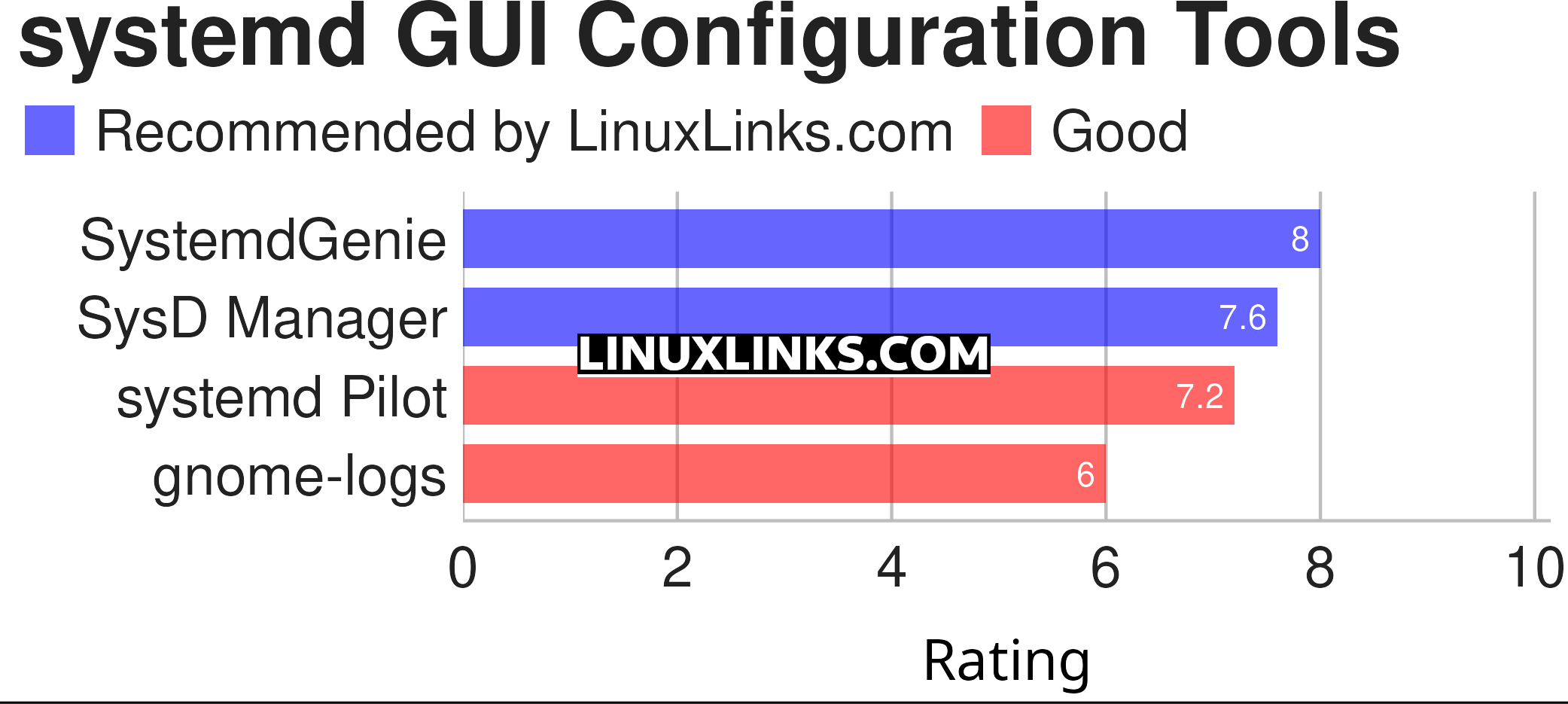systemd is a Linux init system and system manager that’s used by most modern Linux distributions. Due to its popularity, familiarizing yourself with systemd is time well spent, as it makes administering Linux machines much easier. Learning about and using the tools and daemons that comprise systemd will also help you understand what it can do.
The fundamental purpose of an init system is to boot the system, start and manage services and handle various aspects of system state, including device management, networking, and logging.
In systemd, the target of most actions are “units”, which are resources that systemd knows how to manage. Units are categorized by the type of resource they represent and they are defined with files known as unit files. The type of each unit can be inferred from the suffix on the end of the file. A unit file contains configuration directives that describe the unit and define its behavior. Several systemctl commands work with unit files in the background.
This article picks some useful GUI tools that make configuring systemd much easier.
Here’s our verdict captured in a legendary LinuxLinks-style ratings chart. Only free and open source software is eligible for inclusion here.

Click the links in the table below to learn more about each tool.
| systemd GUI Configuration Tools | |
|---|---|
| SystemdGenie | Systemd management utility based on KDE technologie |
| SysD Manager | GUI tool to manage systemd units |
| systemd Pilot | GUI tool for managing systemd services |
| gnome-logs | View and search logs with this graphical utility |
 Read our complete collection of recommended free and open source software. Our curated compilation covers all categories of software. Read our complete collection of recommended free and open source software. Our curated compilation covers all categories of software. Spotted a useful open source Linux program not covered on our site? Please let us know by completing this form. The software collection forms part of our series of informative articles for Linux enthusiasts. There are hundreds of in-depth reviews, open source alternatives to proprietary software from large corporations like Google, Microsoft, Apple, Adobe, IBM, Cisco, Oracle, and Autodesk. There are also fun things to try, hardware, free programming books and tutorials, and much more. |
